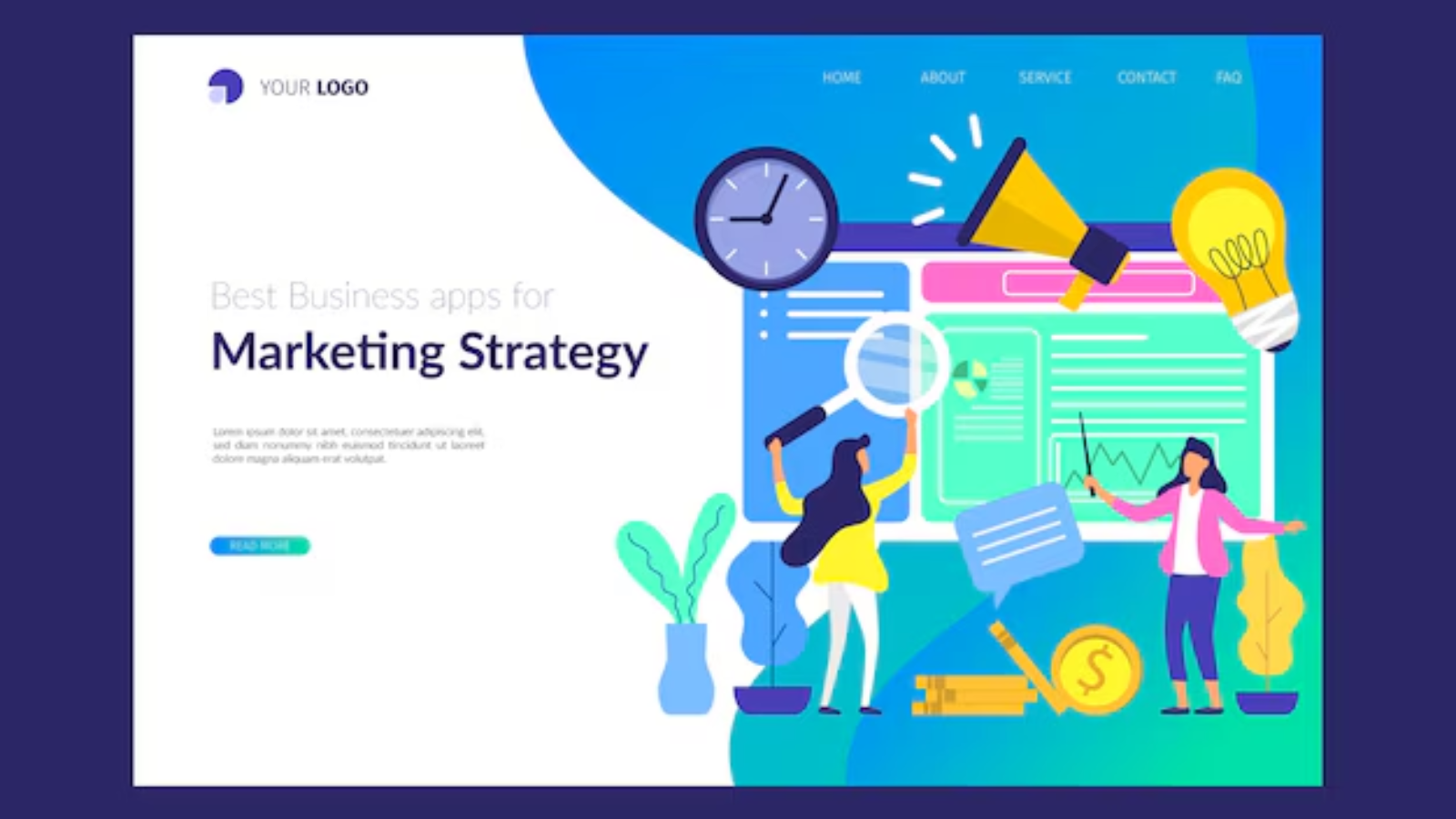
Digital marketing, a term that’s become ubiquitous in today’s business landscape, has a rich history that reflects the rapid evolution of technology and consumer behavior. Understanding when digital marketing started helps us appreciate its significance and the way it has transformed business strategies over the years.
The Dawn of Digital Marketing
The seeds of digital marketing were sown in the mid-1990s. During this period, the internet began to gain popularity among consumers and businesses alike. While traditional marketing channels like television, radio, and print were still dominant, the internet offered a new frontier for marketers. The first clickable banner ad appeared in 1993, and by 1996, companies started to see the potential of advertising online. This marked the official birth of digital marketing services, as businesses ventured into what was then an uncharted territory.
Search Engines: The Game Changer
In 1998, Google was founded, transforming the way information was accessed online. This was a watershed moment for digital marketing. As more businesses created websites, the need for visibility on search engines became paramount. Search engine optimization (SEO) emerged as a critical strategy for brands looking to drive traffic to their sites organically. Companies began hiring digital marketing agencies to navigate this new landscape, focusing on keyword strategies and link-building tactics to enhance their online presence.
The introduction of pay-per-click (PPC) advertising in the early 2000s further revolutionized the industry. Businesses could now bid for ad placements on search engines, providing an immediate return on investment (ROI) that traditional media could not offer. This paved the way for a broader range of online marketing strategies.
The Rise of Social Media
The mid-2000s ushered in a new era with the explosion of social media platforms such as Facebook, Twitter, and LinkedIn. These platforms created unprecedented opportunities for businesses to engage with consumers. Social media marketing became a vital component of digital marketing strategies, enabling companies to build brand loyalty and foster community among their audiences.
Digital marketing agencies began to offer specialized social media management services, helping brands navigate these platforms effectively. The ability to engage with customers directly and respond to their feedback in real time changed the marketing landscape forever. Social media advertising quickly became a go-to strategy for many businesses seeking to reach targeted demographics.
Mobile Marketing and E-commerce
As technology advanced, so did consumer behavior. The rise of smartphones in the late 2000s shifted the focus to mobile marketing. Businesses recognized the importance of optimizing their websites for mobile users. Mobile app advertising and location-based marketing became vital components of a comprehensive digital marketing strategy.
E-commerce also began to thrive, leading to the development of websites dedicated to online sales. Digital marketing consultants and web development companies played crucial roles in building e-commerce platforms that could effectively attract and retain customers. The emergence of platforms like Shopify and WooCommerce made it easier for businesses to build e-commerce websites, further enhancing their digital marketing efforts.
Data-Driven Marketing
With the explosion of data in the 2010s, digital marketing entered a new phase characterized by analytics and personalization. Businesses began utilizing data to understand consumer behavior better and tailor their marketing strategies accordingly. This data-driven approach allowed for more effective targeting and improved ROI.
Digital marketing companies started incorporating sophisticated analytics tools to track user behavior and optimize campaigns. The emergence of customer relationship management (CRM) systems enabled businesses to nurture leads more effectively, fostering stronger relationships with customers.
The Current Landscape
Businesses now rely heavily on digital marketing agencies for comprehensive solutions that address their unique needs. From web development to social media packages, the variety of services available has never been greater.
Moreover, advancements in technology, such as artificial intelligence (AI) and machine learning, are shaping the future of digital marketing. These innovations enable businesses to automate processes, personalize content, and enhance customer experiences.
Conclusion
The evolution of digital marketing is a testament to the changing landscape of technology and consumer behavior. From its humble beginnings in the mid-1990s to its current status as a crucial component of business strategy, digital marketing has continually adapted to meet the needs of both brands and consumers.
Understanding when digital marketing started provides valuable insight into its significance today. Whether you’re a business owner looking for a digital marketing company, a web developer seeking to create an effective online presence, or someone exploring digital PR strategies, the opportunities for growth and engagement in this ever-evolving field are vast. As we look to the future, one thing is clear: digital marketing will continue to be a driving force behind successful business strategies in an increasingly digital world.


Leave a Comment